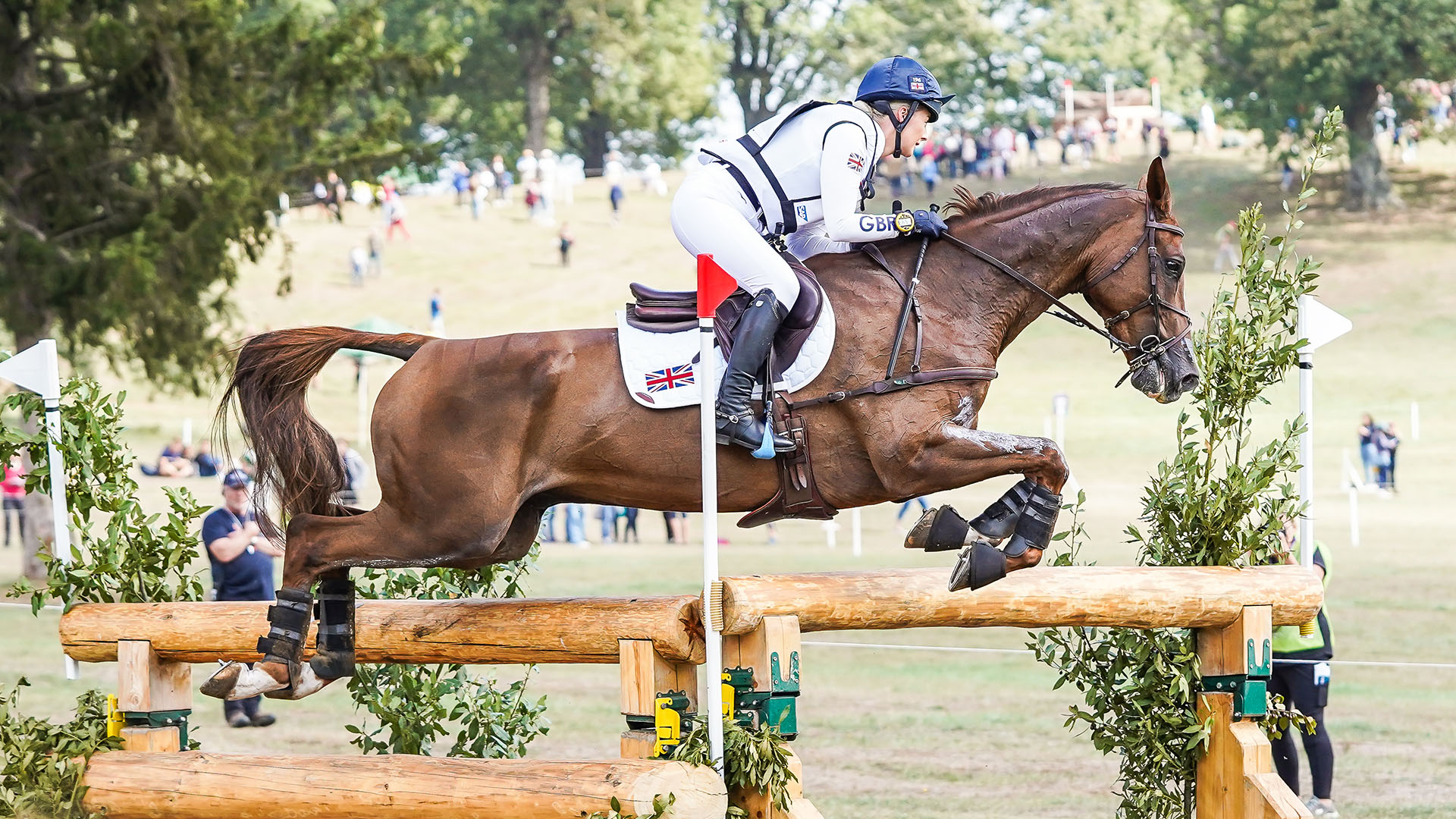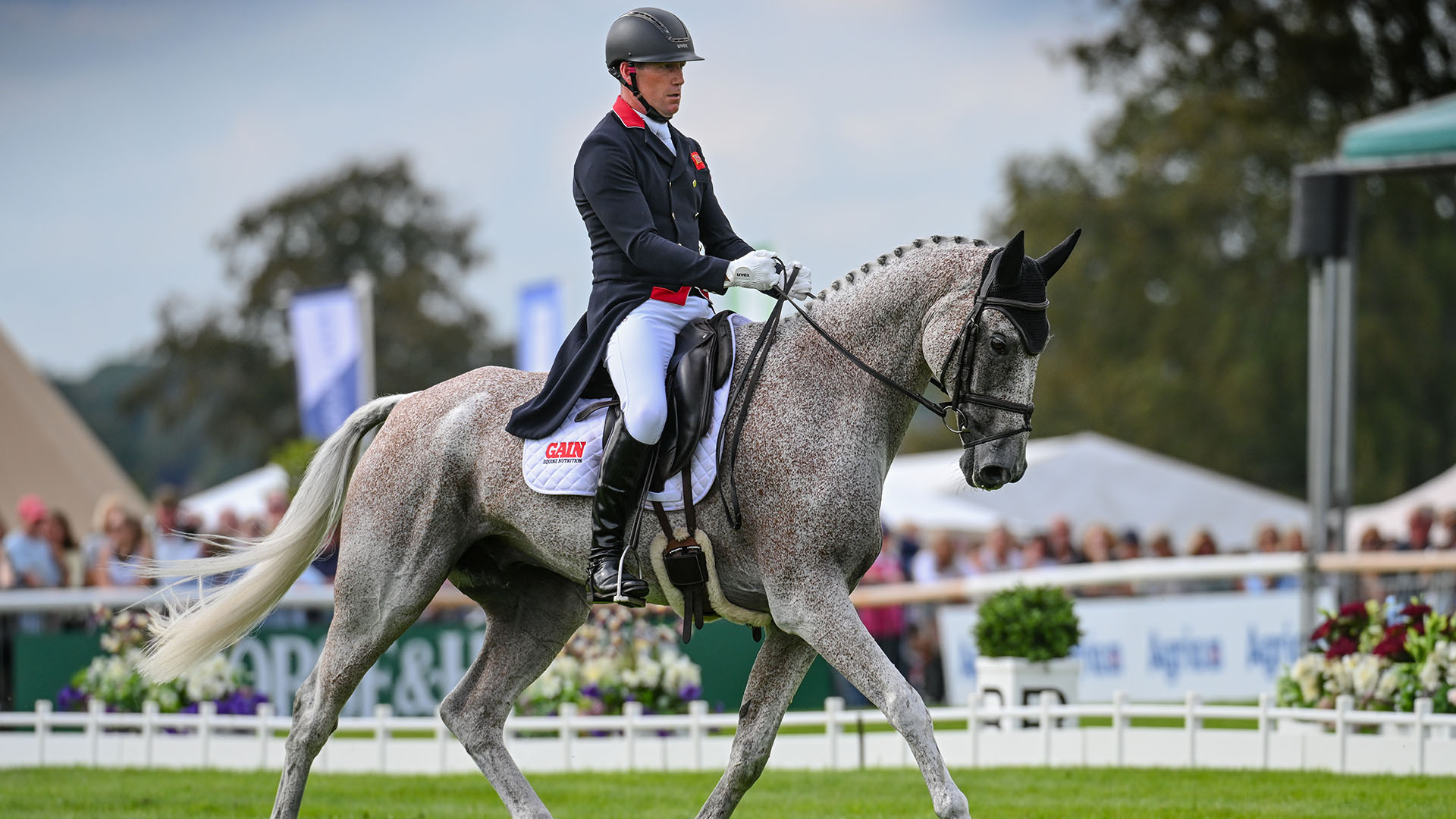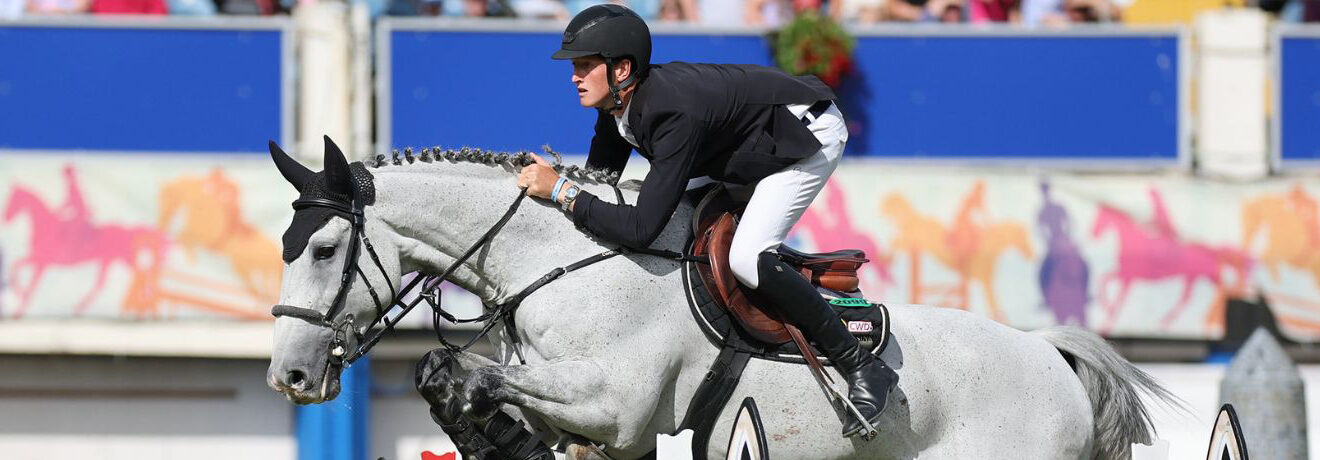Feeding a horse for optimal performance is a key consideration of all riders whether competing at amateur or professional levels. Finding the most suitable feed for your horse is easier with the help of a nutritionist or feed advisor who can utilise the information you provide them with in relation to age, breed, workload, body condition, temperament, ride ability, nutritional history etc. to help recommend a suitable product.
Finding the most suitable feed for your horse is easier with the help of a nutritionist or feed advisor who can utilise the information you provide them with in relation to age, breed, workload, body condition, temperament, ride ability, nutritional history etc. to help recommend a suitable product.
Whether competing at amateur or professional levels, feeding a horse for optimal performance is a key consideration for all riders.
A palatable and balanced diet is essential, one that contains adequate energy levels in addition to good levels of antioxidants sources, including Vitamin E, Selplex® (organic Selenium) and Proviox.
Energy:
Energy comes from a variety of sources and the type of energy in the performance diet will depend on each horse and riders requirements and preferences. Energy coming from the starch in cereals is released quickly into the bloodstream in comparison to energy coming from oils/fats and fibres (‘super fibres’ are a key component of performance diets e.g. Soya Hulls and Sugar beet pulp) which are considered to be slow releasing energy.

Vegetable Proteins:
High quality vegetable proteins include Full Fat Soya, High-Pro Soya and Sunflower seed meal. A high quality protein source will provide the amino acids essential for muscle development and regeneration. It also ensures your horse maintains good top line condition. The mineral and vitamin content plays a vital role in terms of health and performance. In addition, the form in which these nutrients are provided in the diet, has been shown to have influence in how these nutrients are processed and retained in the body of the horse. The chelated or Bioplex® form of minerals have been shown to have greater retention in the body of the horse versus inorganic forms. This ensures that when the horse’s body is under physiological stress, that it is better able to cope with the demands placed upon it.
Importance of Forage:
Feeding a high quality forage ad lib or at least 1.5% of bodyweight in dry matter per day will prevent boredom and the possible on set of vices in addition to providing vital nutrients in a natural form for the horse. A visual inspection of forage will quickly highlight any harmful weeds or moulds and chemical testing of forage is now widely available through various laboratories. Hay and haylage should be tested for nutritional analysis in addition to an environmental screening.
Healthy Gut:
Finally, a healthy gut is critical to overall horse health; in conjunction to offering your horse adequate amounts of high-quality forage as outlined above attention should be paid to the meal size as large concentrate meals can lead to undigested starch being released into the caecum where it can have a negative impact on the microfloral population of the hindgut.
It is recommended to divide the total daily concentrate into as many small meals as possible.
Clean fresh water should be provided at all times with electrolytes used to replenish salts lost in sweat during intense exercise, particularly in warmer weather.
Providing access to a salt lick at all times to stabled horses is a useful way of ensuring adequate sodium and chloride intake daily.

Joanne Hurley is a nutrition specialist with GAIN Equine Nutrition. She holds a Masters in Animal Nutrition and Production from UCD. Joanne can be contacted by email at jhurley@tirlan.ie

